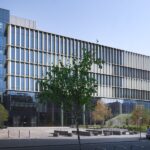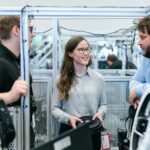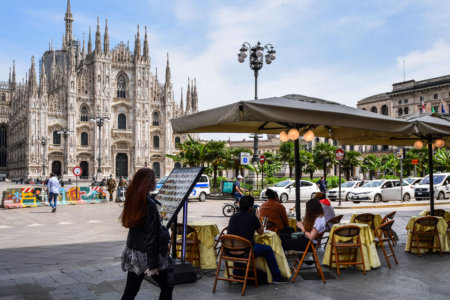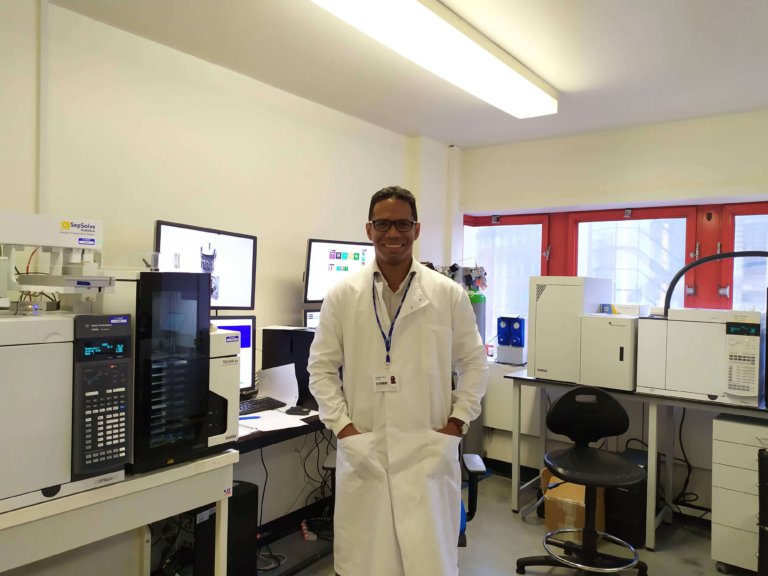
Adilson Sabino is not afraid of digging deep. We all know the metabolic system as the sum of the chemical reactions that take place in a living organism — but not many of us can say we are an expert in metabolomics. This is Sabino’s area of expertise, in metabolites, the building blocks, intermediates and products of metabolism. The Brazilian chose Imperial College London to conduct research for his PhD in the metabolome of sugarcane in response to herbivory at Imperial College London. Next, he plans to build a nutraceutical empire, selling mainly bee products, where he would be able to apply all the skills he gained at Imperial College London.
At the top-ranked London school, Sabino received extensive training in metabolic profiling, and also attended a training workshop in Metabolic Phenotyping. He got regular courses from the doctoral training programme in Stratified Medicine, which focuses on top-down systems biology approaches for the development of novel tools in personalised healthcare, patient stratification and nutrition. He also worked at the Department of Surgery and Cancer as he was drawn to the experts in computational tools for metabolomics research. We caught up with the graduate to learn more about what his experience at Imperial College London was like:
Tell us more about your career trajectory since graduating from Imperial College London.
I completed my PhD in 2017 and am now a chemical technician at Federal University of Alagoas in Brazil. I have been collaborating in some research about metabolomics in plants, fungus and natural products, as well as helping master’s and PhD students.
In 2018, I had a great opportunity to collaborate in a research project with critically ill children alongside researchers from Cambridge University and Imperial College London, where I applied my skills on metabolomics learnt at Imperial.
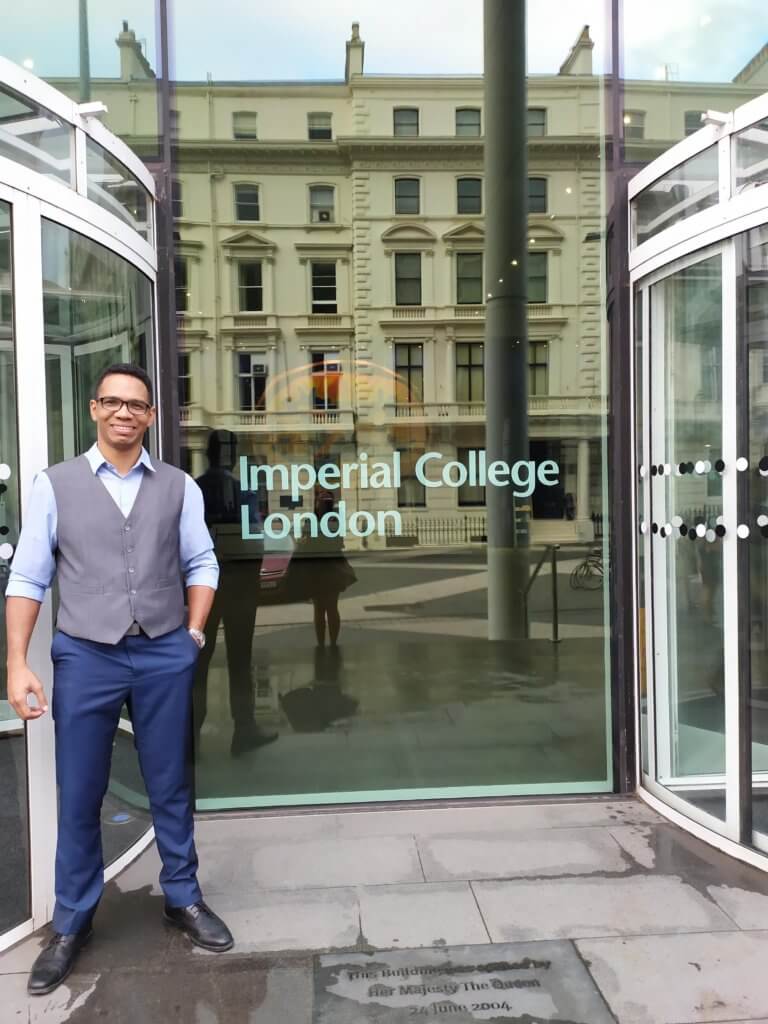
Sabino is no stranger to the world of chemistry. Source: Adilson Sabino
We published a paper last year. I then had another amazing chance to be back at Imperial College London and spent 100 days at the Surgery and Cancer Department learning more about metabolomics. This time I worked in a different group in St. Mary’s Hospital, Imperial College School of Medicine. That was a big challenge for me because I never imagined working in a hospital as a chemist.
How do you use the knowledge and skills gained at Imperial College London in your life now?
I use my knowledge collaborating in some research projects about metabolomics, and am currently involved in projects related to fungi, plants, breast milk and propolis, and breath analysis using the Mass Spectrometer.
What were the practical learning elements in your course at Imperial College London?
Sample preparation for metabolomics studies, and how to apply multivariate statistical analysis to identify biomarkers on these plants and biofluids analysed by NMR and the Mass spectrometer.
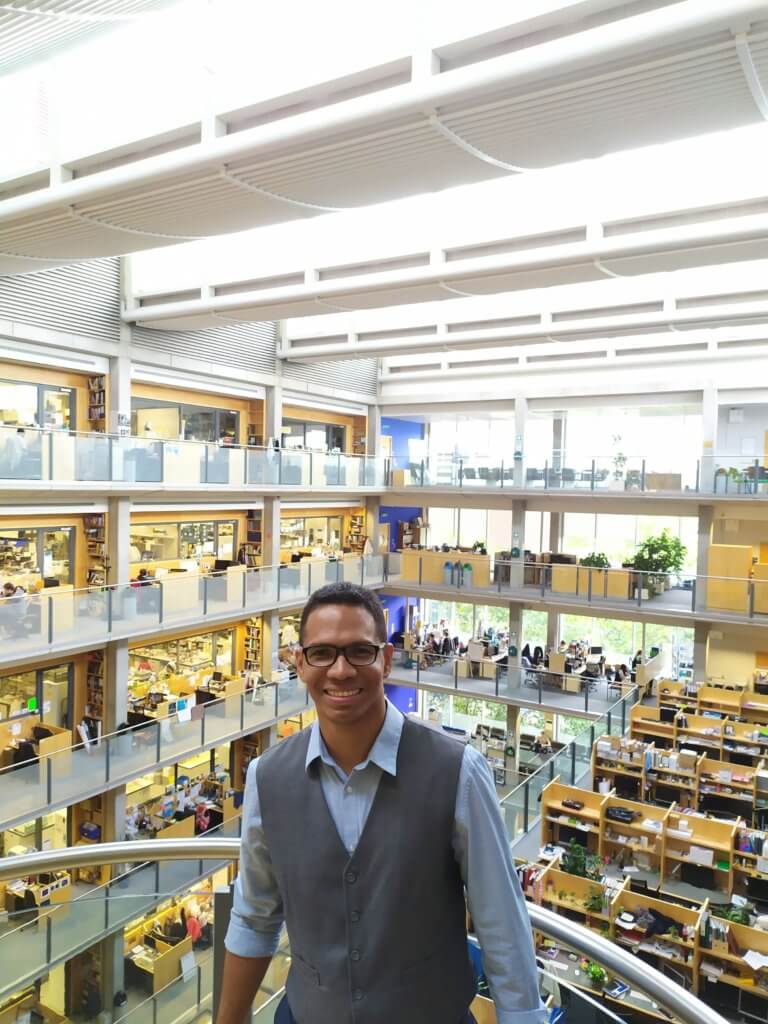
Sabino hopes to further his company in selling nutraceuticals. Source: Adilson Sabino
Do you get to apply the theories you learnt at school to your current life?
Yes, once I worked at a university in some research projects with master’s and PhD students. For instance, I am currently studying the differences in the composition of breast milk from women with different body mass index using metabolomics technology. I am also currently investigating the metabolite changes in propolis extract in a seasonal study for quality control of this important nutraceutical in the food industry.
What skills or knowledge do you wish you had learned more during your time at Imperial College London?
I wish I had learned more about how to use the RStudio and Python programming language for metabolomics analysis, because they are free programmes compared to others that were very expensive.
What advice do you have for students who are planning to enrol in the same course as you did?
Be up to date about the statistical tools they are using on python, RStudio and Matlab programmes. In addition, you should learn how to use the instruments — NRM and Mass Spectrometers — for your studies in metabolomics.
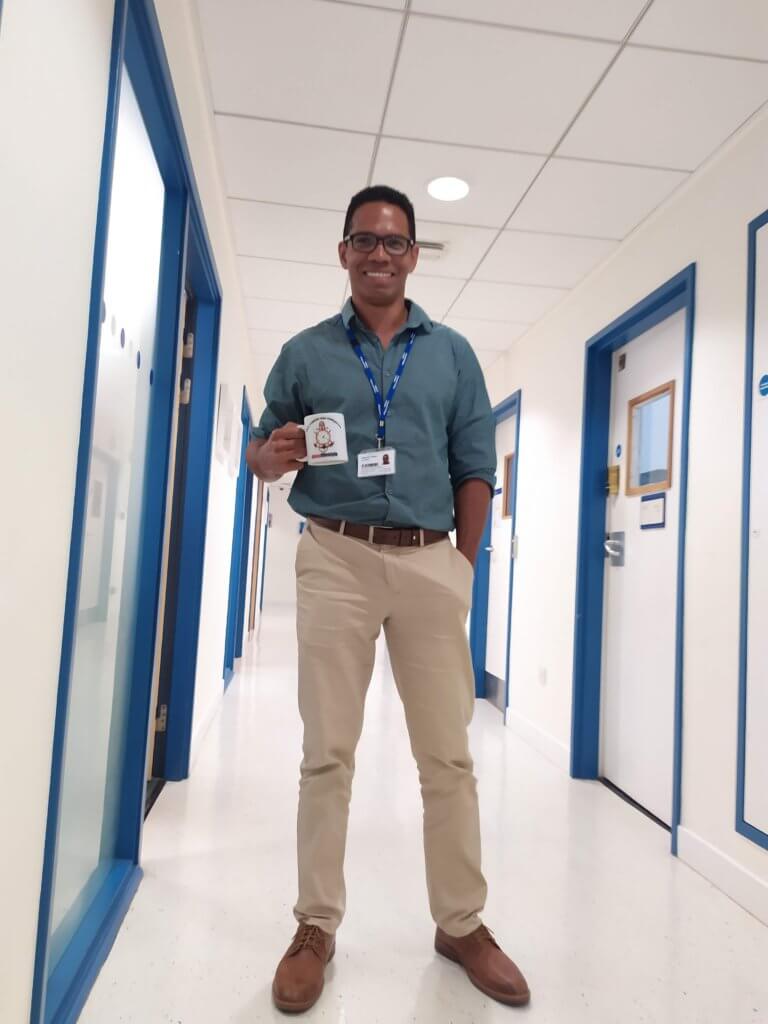
Adilson Sabino wishes to collaborate with Imperial College London again in the future. Source: Adilson Sabino
What did you miss from home, and how did you substitute in the UK?
I missed my family, especially on Sundays. I substituted by visiting friends and going to social gatherings to make new ones.
In ten years, where would you like to be living and what would you like to be doing?
I would like to be living in Maceio, my hometown. I would also like to be the owner of a powerful company in nutraceutical products, mainly bee products, where I would be able to apply all the skills I learn at Imperial College London. I would carry out research to develop new products and see the effects of them on human health. I would also love to do another collaboration with universities in the UK, preferably Imperial College London.
What were your top three favourite things about the UK?
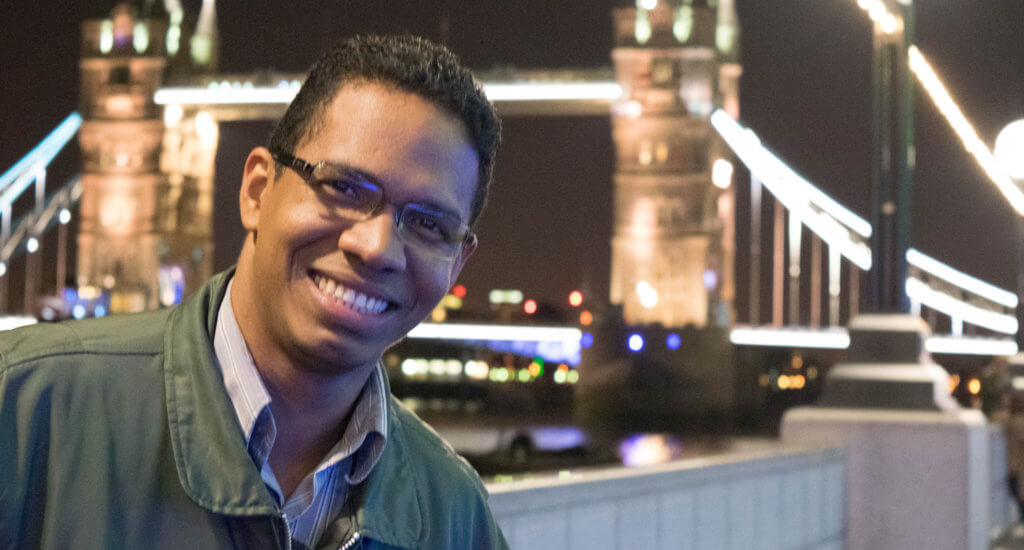
Sabino loved Friday after work meetings at the pub with his friends. Source: Adilson Sabino
Firstly, people in the UK are the best. It was very nice to meet people from all around the world. Secondly, the London streets. It’s impossible for me to tire of them. I don’t mind getting lost in London because the city is full of pleasant surprises. Thirdly, and lastly, Fridays. After work meetings with friends and other researchers from other groups, we grab a couple of beers in a pub. The best thing was that a lot of the research problems were solved deep in conversations while drinking beer.
If you had one million USD, what would you do with it?
I founded a company called iBusylifestyle — Busy Life with Intelligence for personal development and clothes and accessories. The idea for this occurred when I was in London, and during this pandemic, I decided to create a new branch from this — iBusy Nature.
View this post on Instagram
iBusy Nature is Healthy Life with intelligence with the aim to produce and sell natural products such as nutraceuticals. If I had one million USD to invest in my company, I would buy some land to have some apiaries to produce and sell honey, propolis, and so on.
I would also consider building a hotel in the state in Brazil I live in, it’s very touristic and has some of the most beautiful beaches of Brazil. With these businesses I would be able to help the prevention of the environment to generate local economy and help people with all the benefits of the iBusy Nature products. I would also invest part of the money in the financial market!






